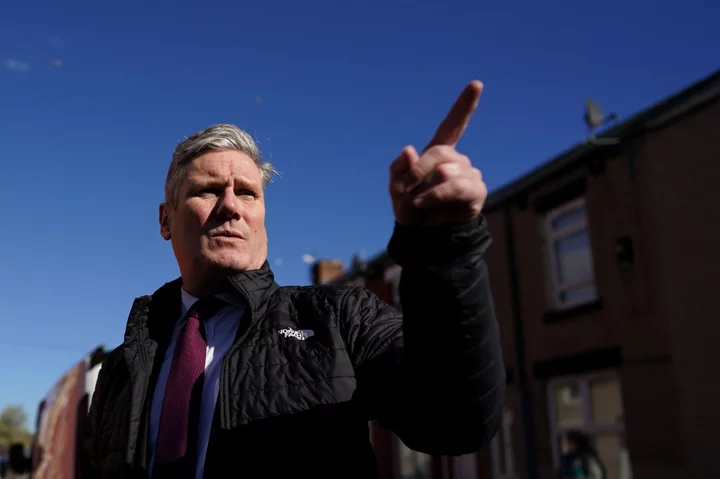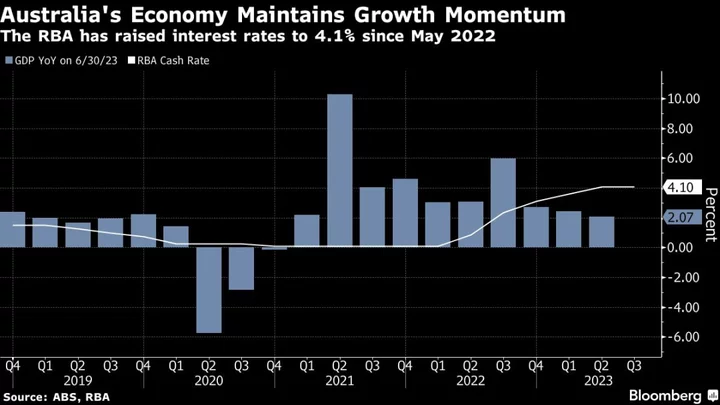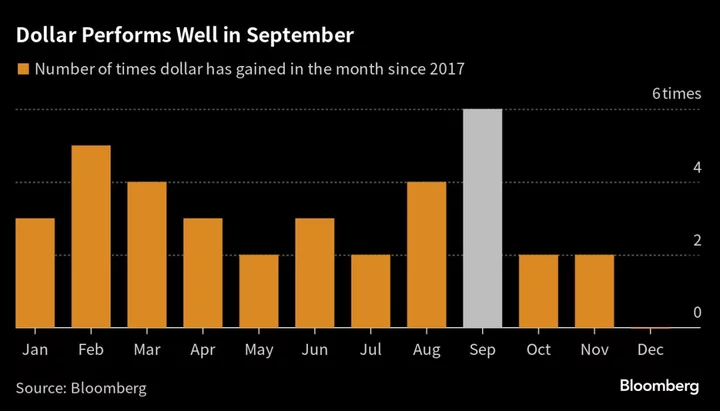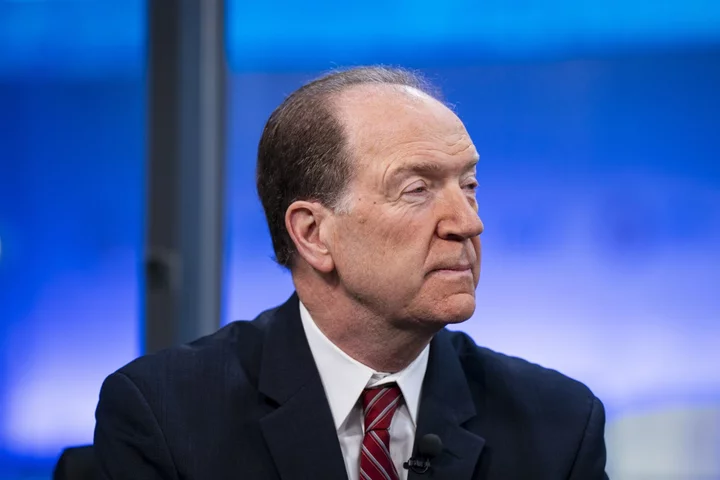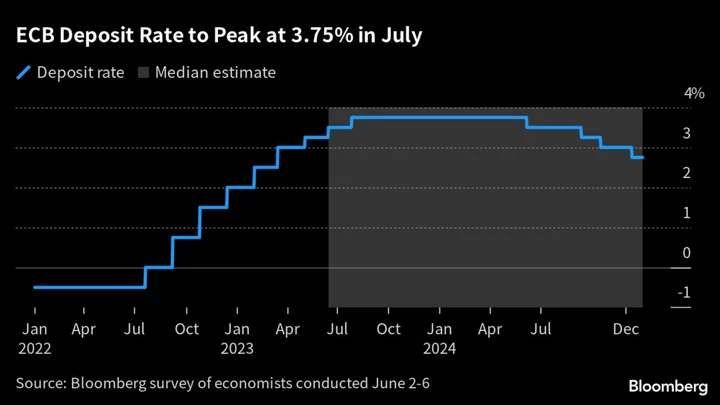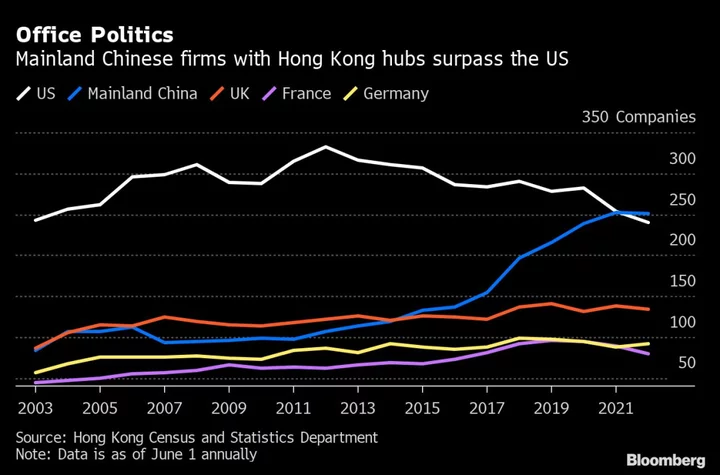UK opposition leader Keir Starmer will pledge that a Labour government would break the “class ceiling” preventing people from poorer backgrounds progressing at work.
Children’s future earnings will no longer be limited by those of their parents, Starmer will say in a speech setting out a key Labour policy in Kent, southeast England, on Thursday. Breaking down the barriers to opportunity is one of five “missions” he has pledged to focus on if he becomes prime minister.
Labour has had a double-digit lead over Rishi Sunak’s Conservative Party in opinion polls for months, with a general election expected next year. Starmer hopes he can lead Labour back to power for the first time since 2010 by setting long-term goals that he claims will transform Britain’s fortunes.
Read more: Starmer Says Labour to End ‘Dangerous’ Hospital Waits If Elected
Starmer will point to “a pervasive idea, a barrier in our collective minds, that narrows our ambitions for working-class children and says, sometimes with subtlety, sometimes to your face — this isn’t for you.”
This is “about a fundamental lack of respect,” he will say, according to an emailed statement from his office. “A snobbery that too often extends into adulthood, raising its ugly head when it comes to inequalities at work -– in pay, promotions, opportunities to progress.”
The Labour leader has long underlined his own working-class background and the fact he was the first in his family to go to university. He hopes to draw a stark comparison with Sunak, a multimillionaire who has faced accusations that he fails to understand the lives of those struggling to make ends meet.
Under his plans to boost opportunity, Starmer will pledge to:
- Ensure 500,000 more children hit early learning targets by 2030
- Modernize the curriculum to better prepare people for work and life
- End the recruitment and retention “crisis”in schools
- Boost access to vocational training and adult retraining
- Planning reform to boost housebuilding
Equipping young people with the skills for the future is essential in an era of growing artificial intelligence and new technologies, Starmer will say. There should be a “greater emphasis on creativity, on resilience, on emotional intelligence and the ability to adapt — on all the attributes, to put it starkly, that make us human, that distinguish us from learning machines.”
Starmer’s other “missions” are making streets safe, reforming the National Health Service, making the UK a clean energy “superpower,” and securing the highest sustained growth among Group of Seven nations.

